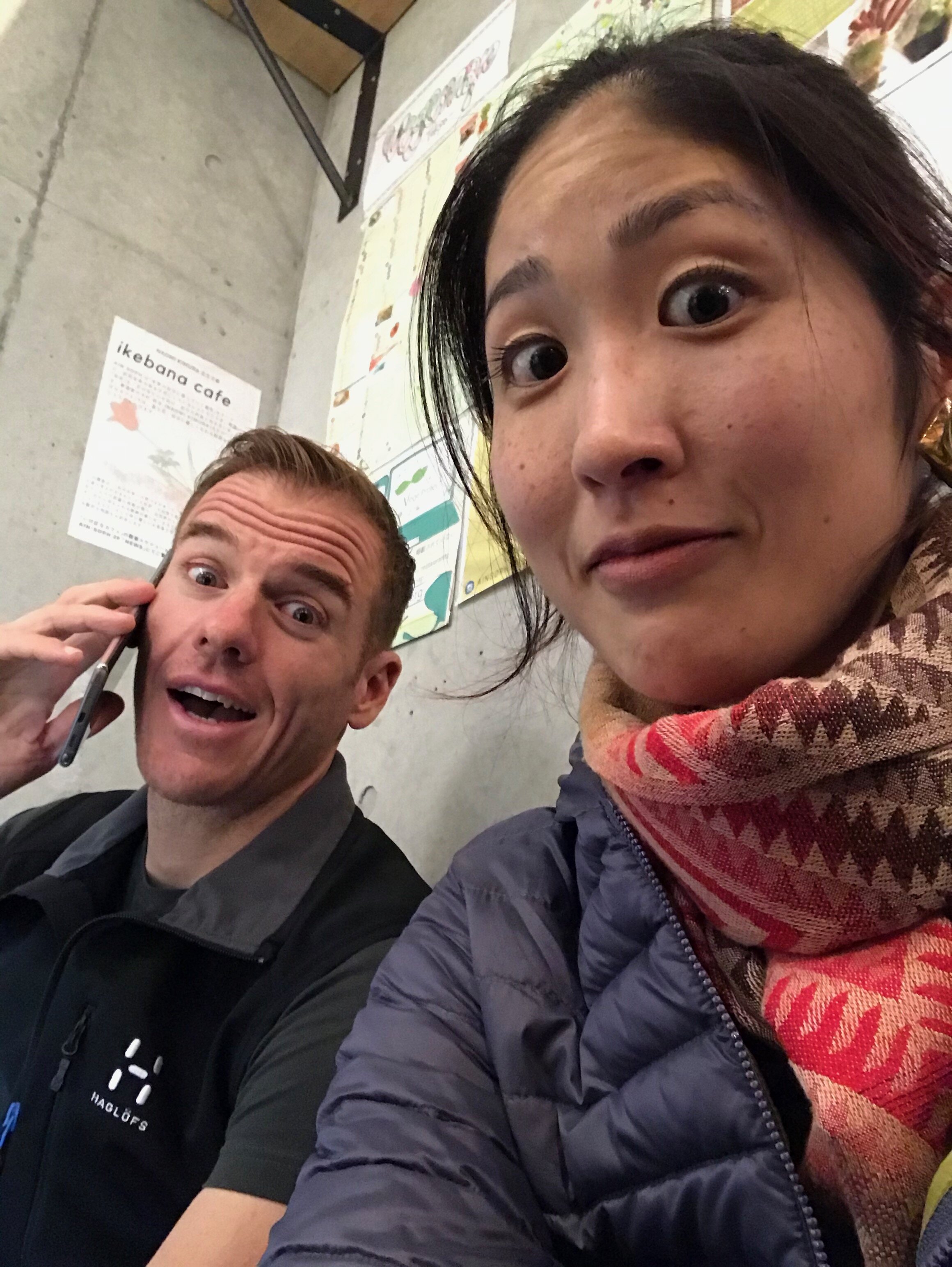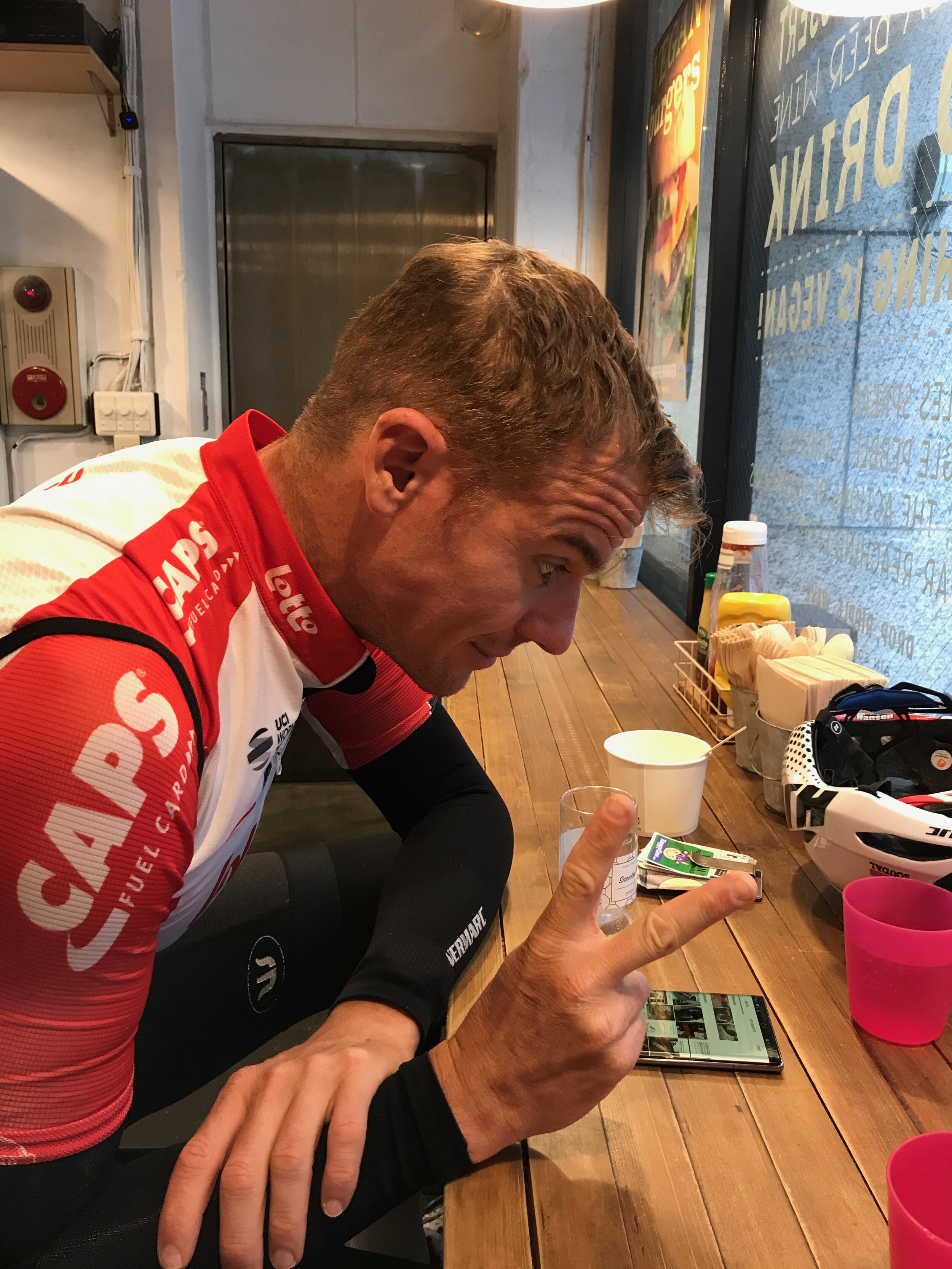A couple weeks ago, I had the misfortune of being kicked off my SSRI.
It wasn’t intentional, although it was as a result of my decisions. My doctor’s office had informed me, late last month, that they would be closing for a week in late August for summer vacation. They handed me a slip of paper with their vacation dates printed onto them, so that I could remember. However, that did not mean that I took it into consideration when making future decisions. Within a minute of being handed that slip of paper, I promptly lost it somewhere in my bag.
Of course, I ran out of my month’s supply of Lexapro – an antidepressant and anti-anxiety medication – the exact week my doctor’s office was closed. I called around, emailed my therapist, but couldn’t find a doctor that would give me an emergency prescription. I started to sweat.
People will tell you different things about antidepressants, and that’s the scary part. Some people will say that medication simply reset their brains. Others that they’ll make you gain weight, your libido might die, your personality will change dramatically, or that your emotions will be numbed out. Further complicating the entire process is the fact that one SSRI may not work for one person or doses may have to be tweaked. The odds of success are essentially reduced to a coin toss. Unfortunately, when you’re clinically depressed, the last thing you want to hear is that the probability of troubleshooting your brain with a particular medication is about the same as your chances of passing the California bar exam.
In my case, I lucked out on Lexapro; it was like finding a skilled plumber that would ensure that the toilet bowl of my brain would function properly. Shit happens near daily, but Lexapro would help me flush it out and the side effects have been minimal.
When I miss a dose – something that’s inadvertently happened after a long day of travel – my anxiety creeps out of its cage. Like a clogged toilet, my thoughts start to recall past events while my anxiety threatens to silently overflow into usually-stable areas of my life. The whispered stuttering of an overwhelmed toilet tank becomes the back beat of my insecurity spiking to crazy. Without my metaphorical pharmaceutical toilet plunger, I turn into a reality TV villain.
Welcome to anxiety.
Living with this version of myself for a week sounded implausible. By my estimation, I was also running low on goodwill; asking my friends to put up with me in this state was out of the question. By some foresight that my current self appears incapable of, I found three Lexapro pills in a travel case. I had seven days until my doctor’s office opened; if I split my pills in half, I had a chance to not lose it completely.
It was rough. Even with a half dose, I experienced withdrawal symptoms. I initially gave myself anxiety over the impending tsunami of anxiety. Throughout the week, I experienced slight nausea and an upset stomach, a decreased ability to focus, general restlessness, and significant fatigue. Work was both a welcome distraction and a source of unjustified irritation. I started craving starchy carbs but that could be due to the fact that I didn’t have much of an appetite during the day. By Day 5, I noticed that my anxiety peaked at night and into the following morning, and as a result, talked myself into believing some crazy theories about my life and self-worth. At one point during the week, I came back from the gym after a night of too little sleep and a day of too little food and wept over the certainty that I’d done nothing useful with my life.
This, I thought, this is how people join cults and get into conspiracy theories.
By the time I began to accept my constant, semi-sad, nervousness, my doctor’s office reopened and I was able to refill my prescription. I’ve felt better since, though it took a day or two, which is awesome, because I’m currently PMSing.
I’m sorry I’m like this.




























